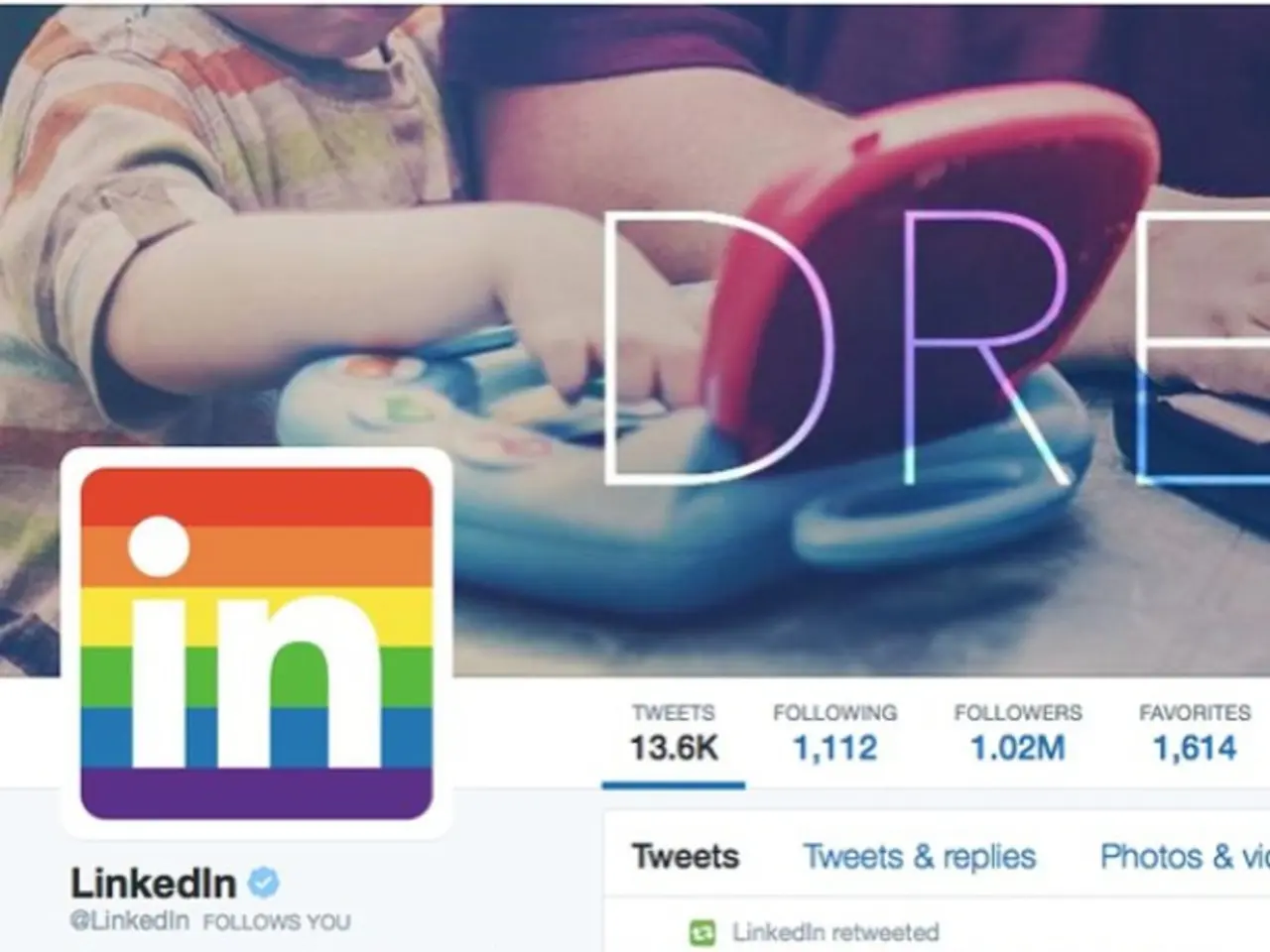Is the Practice of Link Building Still Significant for Search Engine Optimization?
In the ever-evolving world of search engine optimisation (SEO), the significance of links has evolved over the years. While the importance of links may have been questioned, they remain a crucial factor in Google's 2025 ranking system, albeit with a stronger emphasis on relevance, user value, and context.
Good SEO is no longer just about amassing links; it's about crafting relevant, high-quality content that attracts links naturally and delivering the best user experience possible. Regularly conducting technical SEO audits to find and fix broken links can improve the user and search experience.
Google's algorithms now focus heavily on link relevance. Backlinks need to be thematically aligned with the linked content to positively impact rankings. Irrelevant links, even from high-authority domains, can be ignored or even cause ranking penalties. The context and introduction of links within content are critical. Algorithms evaluate not only where a link points but how it is presented and whether it adds unique, useful value for users.
Google's 2025 algorithm updates continue to crack down on spammy or manipulative link-building tactics, penalising black-hat SEO strategies. Ethical, natural link acquisition focused on relevance and usefulness is essential. Modern SEO involves analysing link profiles using advanced techniques such as vector embeddings, measuring semantic alignment between queries, content, and link profiles.
Despite some public statements suggesting a diminishing importance of backlinks, they continue to be a key ranking factor when used appropriately. Backlinks still matter as signals of trustworthiness and authority, especially from high-authority websites within the relevant niche or topic area. However, Google's John Mueller clarifies that backlinks do not directly measure popularity but serve to provide user value and context.
Google continues to place importance on trustworthy websites in its search results. Creating guest posts for high-traffic blogs can help build credibility, increase search engine real estate, earn contextual backlinks, and drive referral traffic. Digital PR, a method to expand online presence and acquire high-quality backlinks, is more important in 2025 due to the rise of AI and LLMs.
Google's Disavow Tool can be used to notify the algorithm of poor-quality links pointing to a website. A press release is a great way to build awareness, share updates, and amplify reach. Creating visual assets like infographics, podcasts, or video content can help show expertise, expand reach, and keep the audience engaged. Having an SSL certificate ensures secure browsing on a website.
In summary, while Google's public messaging may suggest backlinks are less dominant, in practice links remain important in 2025—but only when they are relevant, add user value, and are part of an ethical SEO approach focused on content quality and user experience. Irrelevant or manipulative links will be discounted or penalised, so links must be earned naturally and contextually integrated to positively influence search rankings.
Technology plays a significant role in modern link building strategies, as advanced techniques such as vector embeddings are used to measure semantic alignment between queries, content, and link profiles. Ethical, natural link acquisition, often driven by high-quality content and digital PR, relies on technology to analyze and improve SEO efforts.




